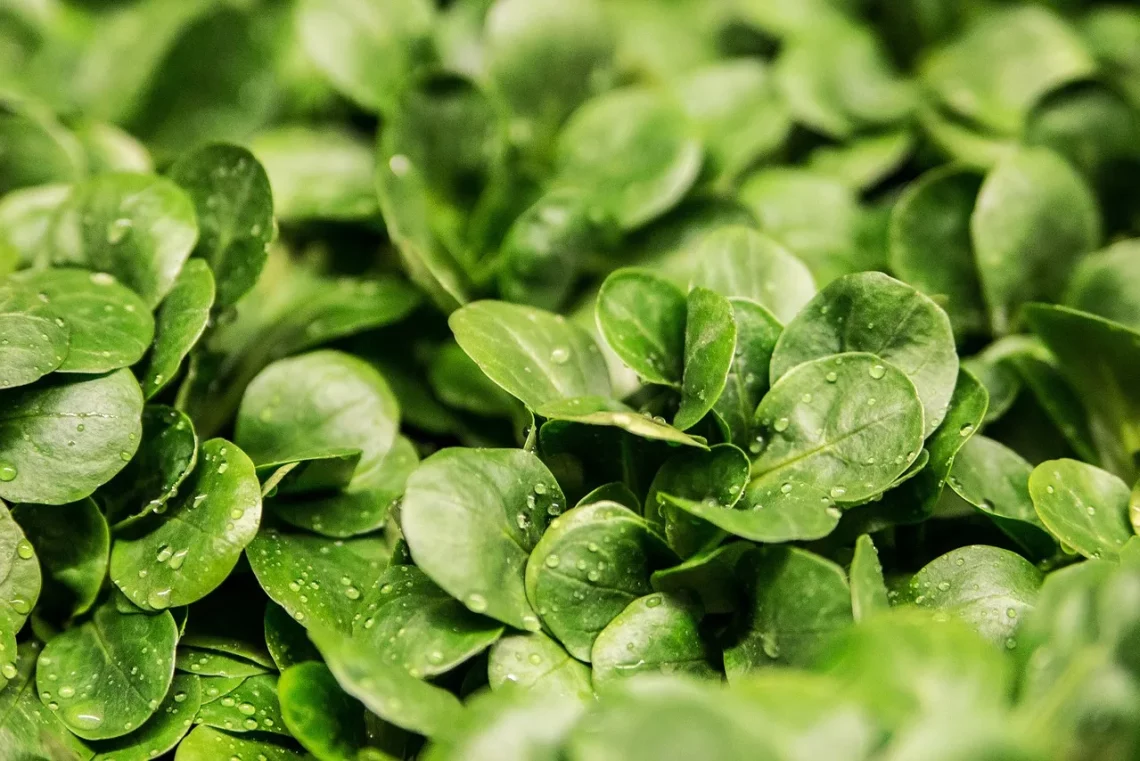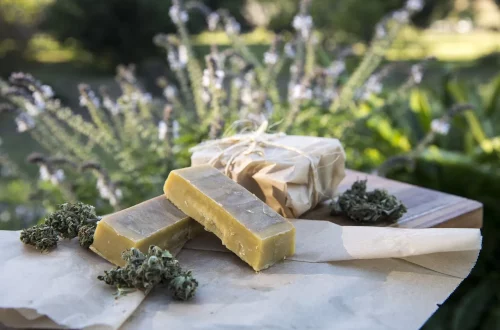
Can Rabbits Eat Celery? A Guide to Safe Veggies for Your Pet
Rabbits are among the most popular pets worldwide, known for their playful nature and gentle demeanor. As a responsible pet owner, ensuring that your rabbit receives a balanced diet is crucial for their overall health and well-being. While many people are familiar with the idea of feeding rabbits hay and pellets, the inclusion of fresh vegetables in their diet is equally important. Fresh produce provides essential vitamins and minerals that contribute to a rabbit’s health and happiness. However, not all vegetables are safe for rabbits, making it essential for pet owners to be well-informed about what they can and cannot feed their furry companions.
One vegetable that often raises questions among rabbit owners is celery. Its crunchy texture and high water content may seem appealing, but is it safe for rabbits? Understanding the nutritional needs of rabbits and the potential benefits or risks associated with various vegetables is vital for every pet owner. In this article, we will explore the suitability of celery for rabbits and provide insights into other safe vegetable options. By gaining a deeper understanding of your rabbit’s dietary requirements, you can help ensure they lead a healthy and happy life.
Understanding a Rabbit’s Diet
To determine whether celery can be part of a rabbit’s diet, it’s essential to first understand what constitutes a healthy diet for these animals. Rabbits are herbivores, which means they thrive on a diet primarily composed of plant material. The cornerstone of a rabbit’s diet should be high-quality hay, such as timothy or meadow hay. Hay provides the necessary fiber that aids in digestion and helps prevent dental issues, which are common in rabbits due to their continuously growing teeth.
In addition to hay, rabbit pellets can be included in their diet, but these should be given in moderation. Pellets are concentrated and can lead to obesity if consumed in excess. Fresh vegetables and leafy greens should also be introduced gradually to ensure that they do not upset the rabbit’s digestive system. It’s important to note that not all vegetables are created equal when it comes to rabbit nutrition.
When incorporating fresh produce into a rabbit’s diet, a variety of vegetables can provide essential nutrients. Leafy greens like romaine lettuce, kale, and parsley are excellent choices. These greens are high in vitamins and minerals while being low in calories. Root vegetables, such as carrots, should be given sparingly due to their higher sugar content. Monitoring your rabbit’s response to new foods is crucial, as some rabbits may be more sensitive to certain vegetables than others.
Overall, a well-balanced diet that includes hay, pellets, and a variety of safe vegetables will help keep your rabbit healthy and energetic. As we delve deeper into the topic of celery, it’s essential to consider how it fits into this broader dietary framework.
Is Celery Safe for Rabbits?
Celery is often praised for its low-calorie content and high water percentage, making it a refreshing snack for many animals. However, when it comes to rabbits, the question of safety and suitability arises. The good news is that celery is generally safe for rabbits to eat in moderation. Its crunchy texture can provide mental stimulation and encourage chewing, which is beneficial for their dental health.
One of the main advantages of celery is its high water content, which can help keep rabbits hydrated, especially during warmer months. However, it’s vital to ensure that celery does not make up a substantial portion of a rabbit’s diet. While it contains some beneficial nutrients, such as vitamin K and fiber, it lacks the comprehensive nutritional profile found in other leafy greens that are more suitable as staples in a rabbit’s diet.
When introducing celery to your rabbit, it is essential to start with small amounts. This approach allows you to monitor your rabbit’s digestive response and ensure that they do not experience any adverse effects. Some rabbits may find celery difficult to digest, leading to gastrointestinal upset. Signs of discomfort can include bloating, gas, or changes in droppings. If any of these symptoms occur, it’s best to discontinue feeding celery and consult a veterinarian if necessary.
Preparation is also critical when feeding celery to rabbits. Always wash the celery thoroughly to remove any pesticides or contaminants. It’s best to cut the celery into small, manageable pieces to prevent choking and make it easier for your rabbit to chew. As with any new food, patience is key; allow your rabbit time to adjust to the new addition to their diet.
Other Safe Vegetables for Rabbits
While celery can be a fun treat, it should not be the only vegetable you consider for your rabbit’s diet. A variety of vegetables can provide essential nutrients while keeping mealtime exciting for your pet. Here are some safe vegetable options that you can incorporate into your rabbit’s diet:
1. **Leafy Greens:** As mentioned earlier, leafy greens like romaine lettuce, kale, and Swiss chard are excellent choices. They are rich in vitamins A, C, and K, along with other minerals that are vital for your rabbit’s health. Always opt for organic greens whenever possible to reduce exposure to pesticides.
2. **Bell Peppers:** Bright and colorful, bell peppers are not only visually appealing but also packed with nutrients. They are high in vitamin C and can be a tasty snack for your rabbit. Both green and colored bell peppers can be offered, but be mindful of the quantity.
3. **Cilantro and Parsley:** These herbs are safe for rabbits and can add variety to their diet. They are rich in vitamins and minerals and can be a delightful treat. Many rabbits enjoy the aromatic flavor of fresh herbs, making them a great addition.
4. **Carrots:** While often associated with rabbits, carrots should be considered a treat rather than a staple. They contain higher sugar levels and should be fed in moderation. Baby carrots can be an excellent choice for a crunchy snack, but ensure they are not given too frequently.
5. **Zucchini:** This vegetable is low in calories and high in moisture, making it a refreshing option during warmer weather. Zucchini can be sliced into thin rounds or strips and offered as a treat.
When introducing any new vegetable, remember to do so gradually and observe how your rabbit reacts. Each rabbit is unique, and their preferences and tolerances may vary. Providing a diverse diet will not only enhance their nutritional intake but also keep them engaged and happy during mealtimes.
Monitoring Your Rabbit’s Health
As a rabbit owner, it’s essential to keep a close eye on your pet’s health and well-being. A balanced diet is a significant factor in preventing health issues, but it is not the only consideration. Regular veterinary check-ups, proper grooming, and a safe living environment are equally important in maintaining your rabbit’s health.
When introducing new vegetables, monitor your rabbit for any signs of digestive distress. Healthy rabbits will have a consistent appetite, normal droppings, and exhibit playful behavior. If you notice any changes in your rabbit’s eating habits, energy levels, or litter box usage, it may be time to consult your veterinarian.
In addition to diet, provide your rabbit with plenty of opportunities for exercise and mental stimulation. Rabbits are naturally curious creatures and benefit from interactive playtime outside their enclosure. Safe toys, tunnels, and climbing structures can improve their quality of life and keep them engaged.
Additionally, ensure that your rabbit has access to fresh hay at all times, as it is the foundation of their diet. A well-balanced approach to feeding includes a variety of hay, pellets, and fresh vegetables. By being attentive to your rabbit’s needs, you can help them live a long and healthy life.
In conclusion, celery can be a safe addition to your rabbit’s diet when offered in moderation. However, it should not be the sole vegetable they consume. A diverse array of vegetables will ensure your rabbit receives the necessary nutrients to thrive. Always consult your veterinarian for personalized advice regarding your pet’s diet and health.
**Disclaimer:** This article is for informational purposes only and is not intended as medical advice. For any health concerns regarding your rabbit, please consult a veterinarian.




